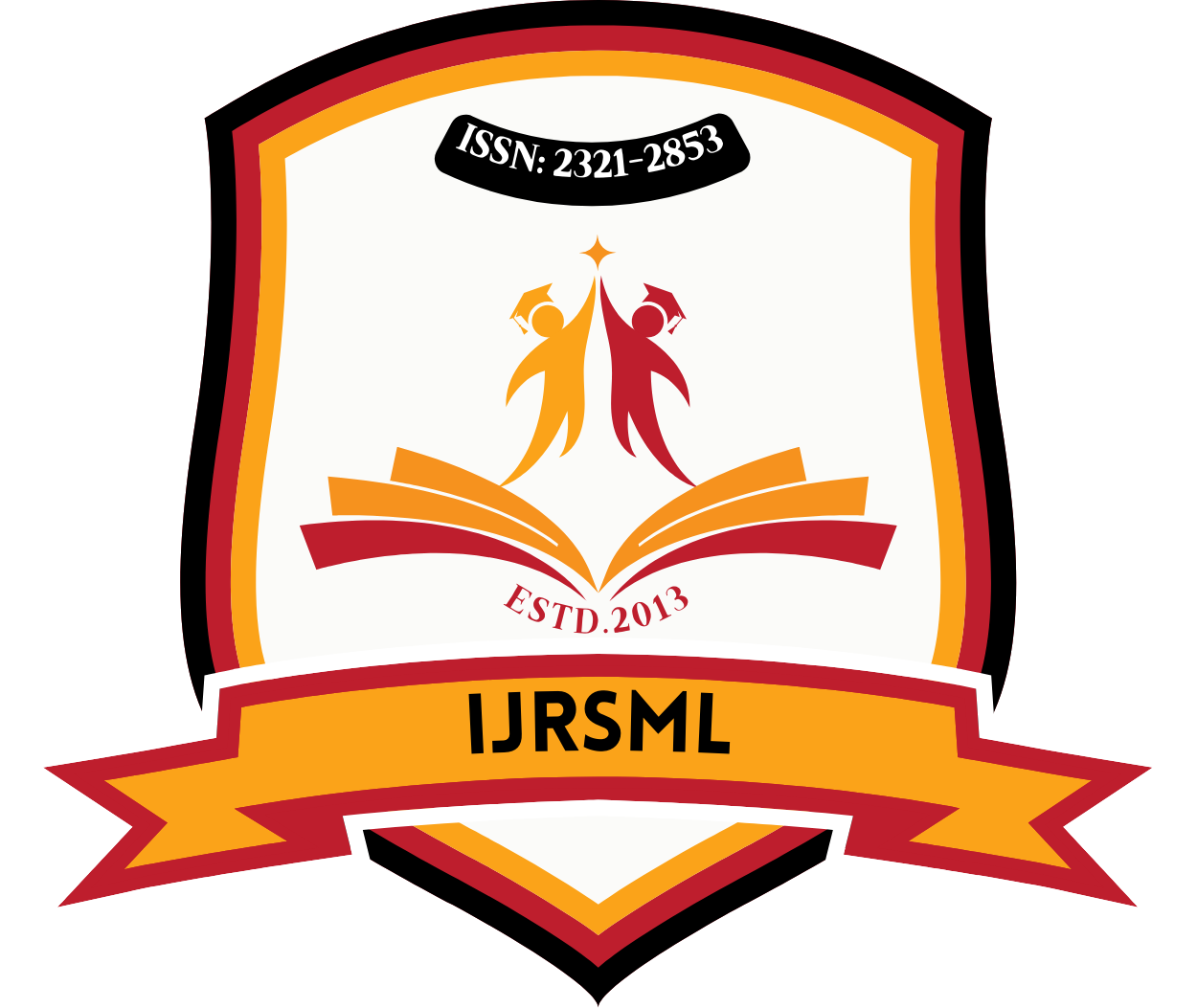![]()
Saloni Tiwari
Telangana, India
Abstract
Bilingualism, or the ability to speak two or more languages, is a growing phenomenon in the globalized world of today. Global mobility and the diversity of educational settings have made bilingualism increasingly important as part of both academic and social settings for many students, especially in multicultural settings. This study aims to investigate the impact of bilingualism on college students’ identity formation. Because identity is a dynamic and multifaceted construct influenced by a range of internal and external variables, this study investigates how bilingual students conceptualize and negotiate their individual and social identities within the context of their linguistic abilities. Through the analysis of the interaction between language and identity, this study sheds light on the role bilingualism plays in the formation of self-image, intercultural relations, and the overall academic experience. The findings indicate that bilingualism is both a challenge and an advantage when it comes to identity formation, with students reporting higher levels of self-consciousness and social belonging as well as tensions and difficulties regarding cultural negotiation. This paper sheds light on the complex interplay between bilingualism and identity formation, providing important insights for educators and policymakers working in multicultural settings.
Keywords
Bilingualism, identity construction, language, college students, self-concept, intercultural communication, multiculturalism, academic experience, cultural negotiation.
References
- Anzaldúa, G. (1987). Borderlands/La Frontera: The New Mestiza. Aunt Lute Books.
- Bialystok, E. (2001). Bilingualism in development: Language, literacy, and cognition. Cambridge University Press.
- Grosjean, F. (2010). Bilingual: Life and reality. Harvard University Press.
- Pavlenko, A. (2001). Language and identity. In P. Robinson & N. Ellis (Eds.), Handbook of cognitive linguistics and second language acquisition (pp. 313-340). Routledge.
- Pavlenko, A., & Blackledge, A. (2004). Negotiation of identities in multilingual contexts. Multilingual Matters.
- Schumann, J. H. (1978). The acculturation model for second language acquisition. *In J. H. Schumann (Ed.), The Social and Psychological Aspects of Language Learning (pp. 27-50). Addison-Wesley.
- Taylor, J. R. (2013). Language and identity. *In R. Wodak & M. Meyer (Eds.), Methods of critical discourse analysis (pp. 215-237). Sage.
- Wardhaugh, R. (2010). An introduction to sociolinguistics (6th ed.). Wiley-Blackwell.a
